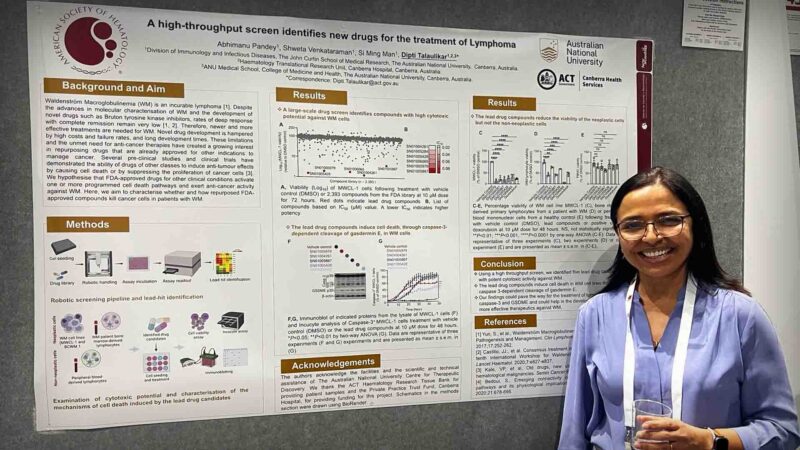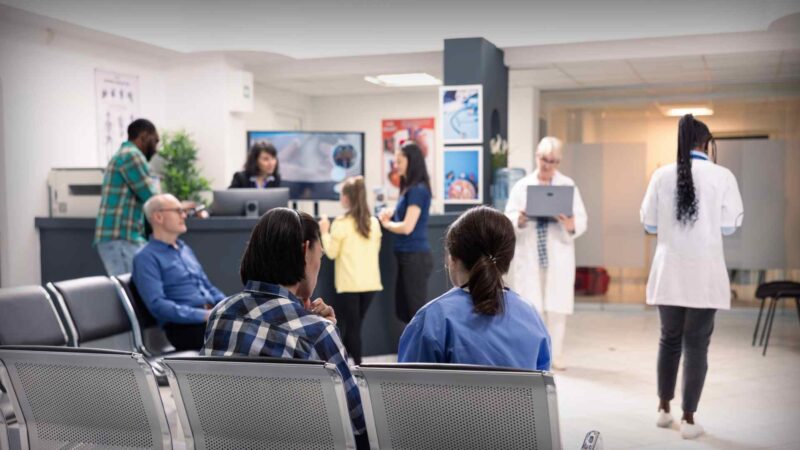RESEARCHER PROFILE
Professor Ernst J. Wolvetang
Australian Institute for Bioengineering and Nanotechnology
The University of Queensland
Australia
Professor Ernst Wolvetang obtained his PhD from the University of Amsterdam, continued his post-doctoral training at the Monash Institute for Reproduction and Development, before joining the Australian Stem Cell Centre.
In 2008 he was recruited to the Australian Institute for Bioengineering and Nanotechnology at The University of Queensland (UQ). He currently heads the Stem Cell Engineering Laboratory and directs the Australian Organoid Facility at UQ as well as the Phenomics Australia NNAT node at UQ.
He is a leader in the derivation, genome editing and disease modelling with human induced pluripotent stem cell and organoids derived from these. Professor Wolvetang is known as our “Mr Organoid” for his trailblazing approach to this exciting field of medical research. He is a pioneer in the field of pluripotent stem cell biology, whose frank and colourful turn of phrase underscores the passion he has for his work.
Professor Wolvetang was among the first to bring the first human embryonic stem cells to Queensland, with his Wolvetang Group at the AIBN now renowned for its work with organoids: growing them, studying them, and using them to try and understand diseases and human development.
Using cutting edge technology, Professor Wolvetang designs and grows organoids both for their own work and for labs across the country, coaxing pluripotent stem cells or tissue samples into 3D structures that mimic the function and architecture of real brains, livers, kidneys, spinal cords, and intestines.
Crucially, Professor Wolvetang says organoids could one day negate the need for animal models, as they can be designed to replicate what is happening inside an individual patient, offering researchers a unique opportunity to study personalised responses to new treatments.
He says this could shave years off the drug development process and – ultimately – the time between diagnosing a problem and delivering the solution.
“Once we demonstrate the power and accuracy of this approach for one genetic disease, it could open the door for testing of other gene therapies for a range of genetic neurological conditions.”, says Professor Wolvetang.
You Might also like
-
Lymphoma, Myeloma and Genomics
Professor Dipti Talaulikar is a clinical and laboratory haematologist with expertise in genomics, working at Canberra Health Services, and Professor at ANU. She has a clinical and research interest in lymphoma, myeloma and genomics, and has authored close to 100 peer reviewed papers, including several clinical guidelines that have had a significant impact on clinical practice.
-
CASE STUDY: Transforming surgical waitlist into a ‘preparation list’
The DIAMONDS initiative aims to transform the surgical waitlist into a “preparation list,” enabling healthcare professionals to optimise patient care in the months leading up to elective surgery starting at pre-admission phase.
Patients are will be able to complete pre-admission forms online, receive timely updates, and access educational resources to ensure thorough preparation. This will allow staff to spend more time with patients.
-
Digital Biomarkers and AI for Optimal Diagnosis, Treatment, and Decision-Making
Associate Professor Johan Verjans is a clinician-scientist with a strong focus on cross-disciplinary translational research. In his role as Deputy Director at the Australian Institute for Machine Learning (AIML)—one of the world’s premier machine learning institutes, with over 200 researchers—and as Group Leader of Artificial Intelligence at the South Australian Health and Medical Research Institute (SAHMRI), he integrates his expertise in molecular medicine, clinical research, and advanced imaging with machine learning applications. This unique combination enables him to drive the translation of cutting-edge AI research into practical medical applications. He works with global teams from multinationals on AI problems.



